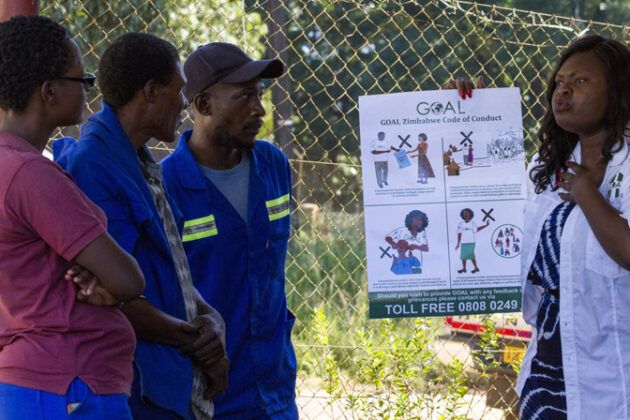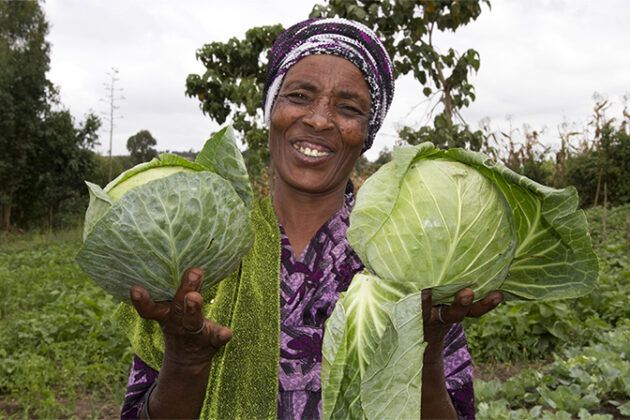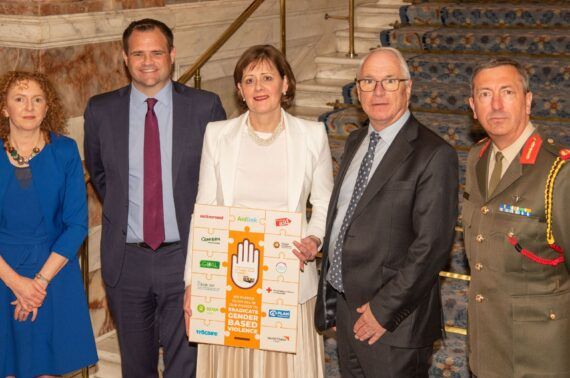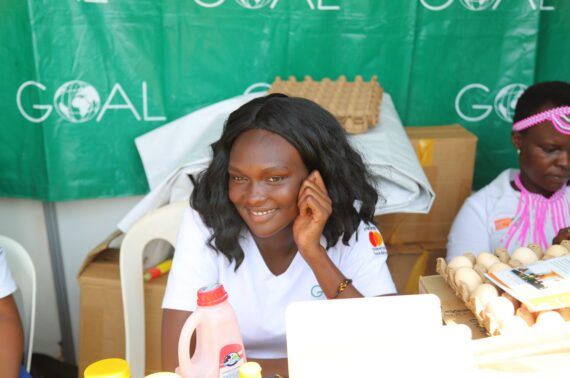What is Gender-Based Violence (GBV)?
GBV refers to any harmful act directed at an individual based on their gender. While women and girls bear the disproportionate burden of GBV, GBV can affect anyone, including women, men, girls, boys and those with diverse sexual orientations and gender identities that is likely to result in physical harm, sexual harm, psychological or economic harm.
GBV is one of the most prevalent human rights violations in the world. It knows no social, economic, or national boundaries and undermines the health, dignity, security, and autonomy of survivors. The World Health Organization has described GBV as a global public health problem of epidemic proportions and a fundamental violation of human rights.
GOAL’s commitment
Working with local communities, GOAL teams are dedicated to mitigating, preventing, and responding to Gender-based Violence (GBV) across Europe, the Middle-East, Africa and Latin America
Our approaches are tailored to the context and may involve addressing root causes and supporting transformation in harmful social norms, supporting survivors, raising community awareness, and other support through health, food and nutrition security, and economic empowerment initiatives to reduce vulnerability and foster resilience.
The problem in numbers
1 in 3
women globally have been subjected to GBV
+640 million
women globally are victims of intimate partner violence
only 40%
of women who experience violence seek help
+200 million
women globally have undergone female genital mutilation
The Irish Consortium on Gender Based Violence (ICGBV)
ICGBV, currently hosted by GOAL, is an alliance of 14 international human rights, humanitarian and development organisations, including NGOs, Irish Aid and the Irish Defence Forces. Established in 2005 as a response to reports of ongoing and systematic sexual violence against women and girls in the Darfur Region of Sudan, it works collaboratively to increase knowledge and understanding of GBV and to promote high-quality programming and policy responses in humanitarian, development and peace support settings.
GOAL's role
In September 2023, the ICGBV appointed GOAL CEO Siobhán Walsh and Deputy CEO Mary Van Lieshout as Co-Chairs, beginning GOAL's two-year term hosting the Consortium. As long-standing members of the ICGBV, GOAL has consistently focused on integrating GBV prevention, mitigation, and response across our 13-country programmes. In our role as Chair and host of the Consortium, GOAL will work with our Consortium partners to enhance these efforts through coordinated and collaborative initiatives.
For more information on the ICGBV, please visit www.gbv.ie
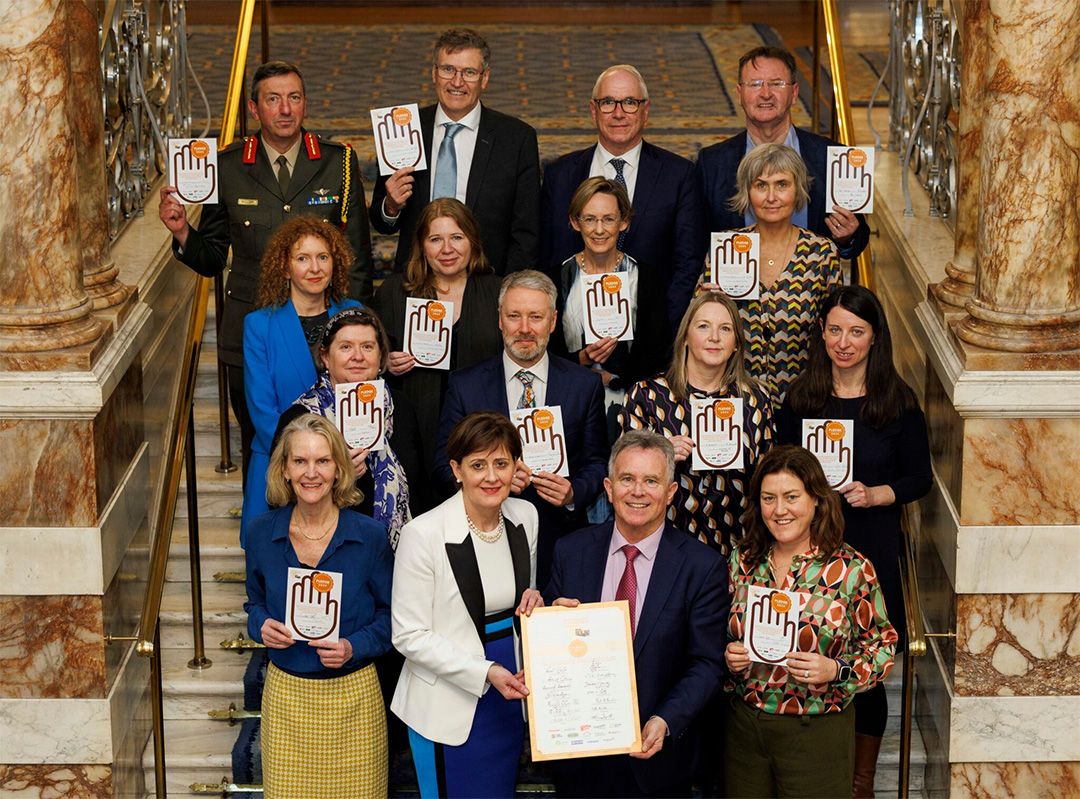
What is Violence Against Women (VAW)?
The United Nations General Assembly's Declaration on the Elimination of Violence against Women defines VAW as "any act of gender-based violence that results in, or is likely to result in, physical, sexual or psychological harm or suffering to women, including threats of such acts, coercion or arbitrary deprivation of liberty, whether occurring in public or in private life".
This form of violence remains widespread and is often justified or dismissed by cultural beliefs and values.
Violence against women can include:
- domestic violence
- sexual assault
- trafficking
- child marriage
- harmful practices like female genital mutilation (FGM)
It significantly impacts survivors' health, dignity, security, and autonomy and has far-reaching effects on families, communities, and societies.
According to WHO, an estimated 736 million women will experience some form of violence in their lifetime, most often by an intimate partner. This staggering prevalence underscores the urgent need for comprehensive and sustained efforts to combat GBV and support survivors.
GBV In conflict zones
During crises and conflict, the risk of GBV typically increases, including instances of sexual violence, forced marriages, and intimate partner violence. In many conflict contexts, up to 70% of women and girls experience GBV, compared to 35% worldwide, highlighting the impact of gender inequalities and the differentiated effects of conflicts on women and girls. Displacement, breakdown of social structures, and lack of access to services heighten the vulnerability of women, girls, and marginalised groups to GBV.
GBV in these contexts often includes:
- sexual violence,
- exploitation,
- trafficking,
- forced marriages.
Conflict-related sexual violence is often used to instil fear and terrorise populations. Protecting and supporting the empowerment of affected populations is critical in humanitarian responses.
